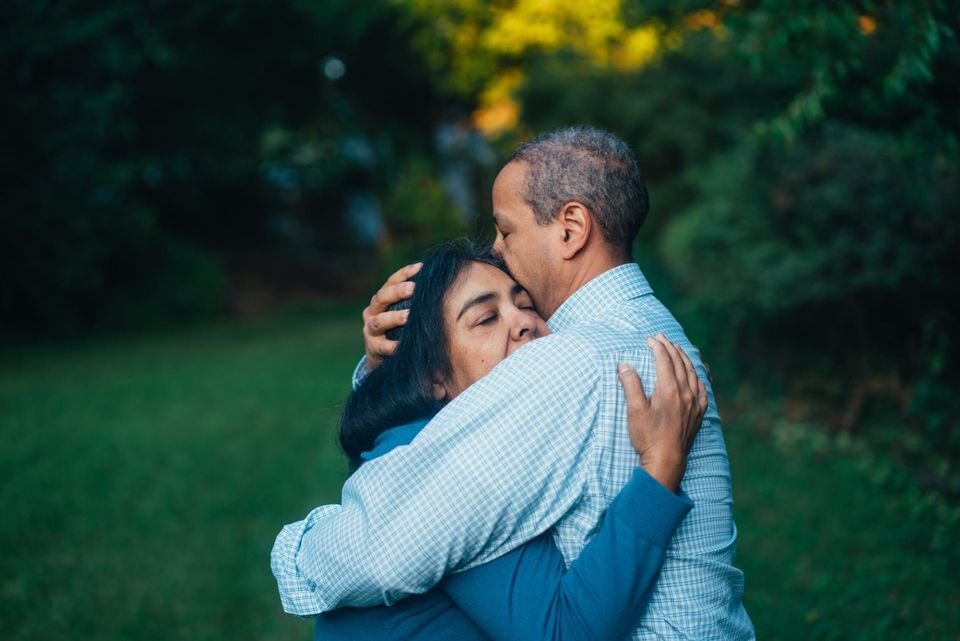Resolving Conflicts: Be Forgiving
“Be kind and compassionate to one another, forgiving each other, just as in Christ God forgave you.”
(Ephesians 4:32)
Forgiveness is not easy; love is hard work. Forgiveness is not a feeling, rather, it is an act of the will. It’s saying, “I value our team, our team vision, and our team relationships. You are important to me and I want to glorify God, so I choose to forgive you!”
When Stephen Covey was doing research for his most famous book,
The 7 Habits of Highly Effective People
, he came across the following compelling statements: ( credited to Viktor Frankl and Rollo May
):
• Between stimulus and response there is space.
• In that space is our power to choose our response.
• In our response lies our growth and our freedom.
Forgiveness is choosing freedom for both ourselves and the offender. Bitterness prevents growth and makes us a slave of the wrongdoer. Better to enable both yourself and that person toward life and wholeness.
If you’re currently embroiled in conflict remember that the goal is not to win but to be reconciled. We’re not trying to win arguments; we’re trying to win hearts! Dale Carnegie tells us to avoid all arguments. He says that you can’t win an argument. If you lose it, you lose it, and if you win it, you still ‘lose’ it since you’ve lost any potential impact you may have had on that person. He who loses feels inferior; he will resent your triumph. Furthermore, as
someone
once said: “A man convinced against his will is of the same opinion still.”
We must always be committed to resolving issues and restoring harmony. State the terms, “I’m sorry” and “I forgive you,” over and over again. Develop the ability to forgive and ‘forget.’ In the apostle Paul’s words: “[love] keeps no record of wrongs” (1 Corinthians 13:5b). While mentally forgetting an offense may be impossible, it is possible to resolve not to bring the issue up again.















